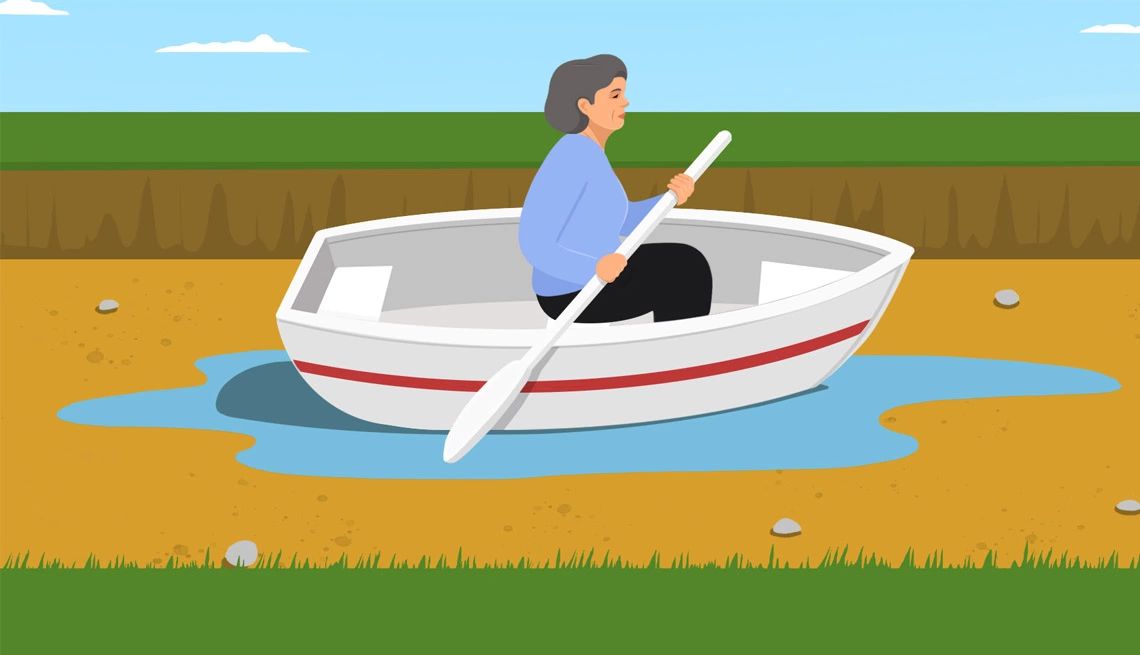AARP Hearing Center


I was listening to a sex podcaster the other day who pointed out how complex a woman’s genital real estate can be and how little women know about it.
This week, a reader asks a straightforward question about her clitoris. Our experts’ response? Just like the podcaster said, it’s complicated.
I'm 58 and I have a problem with blood flow to my clitoris. What can I do about it? Is there medication, a female Viagra, that women can take to treat this?
Before seeking a pharma fix, our physicians suggest that you rule out any underlying conditions that could be contributing to your lack of arousal.
Anita Mikkilineni, an ob-gyn focused on sexual health at George Washington University Hospital in Washington, D.C., says the female orgasm is “complex” and “variable” and that there are any number of issues that could cause decreased arousal and genital function.
Step 1: Make sure you know what the problem is - it might not be what you think. Kate White, professor and chair of ob-gyn at Boston Medical Center and Boston University, says it’s possible that blood flow could be a factor. But, she adds, blood flow doesn’t actually play a starring role when it comes to female arousal.
“Blood flow to the penis acts differently. It’s necessary for engorgement and erection,” she says. “For women, the nerve bundles of the clitoris, which are really long and deep, are not as influenced by blood flow.”


In the Mood
For AARP’s In the Mood column, writer Ellen Uzelac will ask experts your most pressing 50+ sex and relationship questions. Uzelac is the former West Coast bureau chief for The Baltimore Sun. She writes frequently on sex, relationships, travel and lifestyle issues.
Mikkilineni says to see a physician who can do a full history and physical to make sure that your symptoms are not due to meds you're taking or a medical condition like hypertension or diabetes. “Managing chronic medical conditions can go a long way in restoring genital arousal,” she says.
And add this to your checklist of what to talk to your ob-gyn about, says Mikkilineni: a comprehensive vulvar and pelvic floor exam that could turn up, among other things, any skin abnormalities, signs of low estrogen, weak or tight pelvic muscles, and dermatologic issues. A healthy pelvic floor is “super important” in supporting the female genital orgasm, she adds.































































You Might Also Like
Can You Orgasm Without an Erection?
Plus, is it possible to masturbate too much?Does Exercise Affect Sex Drive?
Plus, how to prevent premature ejaculationWhat’s a Normal Amount of Sex?
Plus, help me get my libido back!
Recommended for You